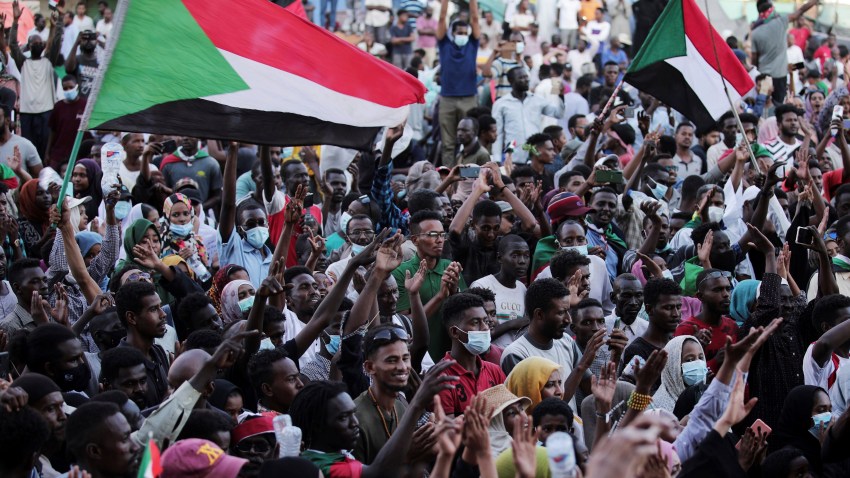Today at WPR, we’re covering the conflict in Sudan and Iranian President Ebrahim Raisi’s visit to Latin America.
First, though, here’s our take on today’s top stories:
Mexico: Nine years after the disappearance of 43 students in Central Mexico, prosecutors in the country have obtained an arrest warrant for an army general and 15 other soldiers in connection with the case. The warrant follows an investigation by a government truth commission, which said last August that the disappearance and likely massacre of the students was a “crime of state” involving every layer of government. (New York Times)
Our Take: Mexican President Andres Manuel Lopez Obrador, or AMLO, came to power in 2018 promising to reform the country’s security policy, specifically in regard to the battle against drug cartels and organized crime. Instead, he has mirrored his predecessor’s militarization of the drug war, expanding the military’s role in domestic policing, but also the economy.
The investigation into this case therefore represented a litmus test for whether AMLO had become too beholden to the country’s military to hold it accountable. The arrest warrant is a reassuring sign that accountability in this particular case is still possible, but there is still cause for skepticism that the factors that led to the massacre and the Mexican military’s broader human rights abuses have been or will be addressed.
*****
You can read the rest of today’s News Wire, a curated selection of one must-read article from every region, here.

The current conflict in Sudan is a security and humanitarian crisis. But more importantly, it is a political crisis.
As Yasir Zaidan writes, the conflict grew out of the failure to build a sustainable democratic transition. It’s a failure that can be traced through the various transitional deals that have been signed and then either ignored or violated since the popular uprising that removed former dictator Omar al-Bashir from power in April 2019.
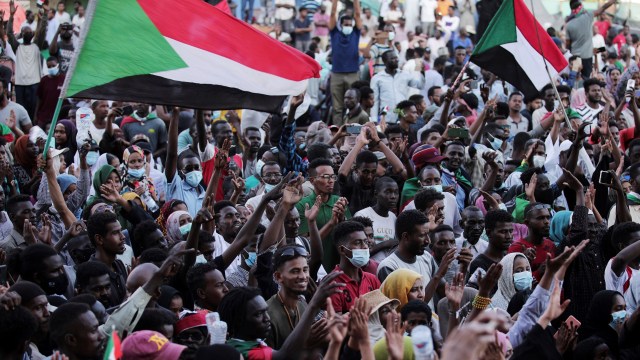
Only a United Civilian Coalition Can Bring Peace to Sudan
The current conflict in Sudan is a political crisis growing out of the failed post-Bashir democratic transition. Read more.
Plus, columnist Frida Ghitis details how the geopolitical battle between democracies and autocracies has made its way to Latin America, as exemplified by Iranian President Ebrahim Raisi’s visit to the region last week.
The three countries he visited? Venezuela, Nicaragua and Cuba—all firmly in the nondemocratic camp.
The World’s Autocracies Are Courting Venezuela’s Maduro
In the battle between democracies and autocracies, Latin America has become an important battleground, with Venezuela at its center. Read more.
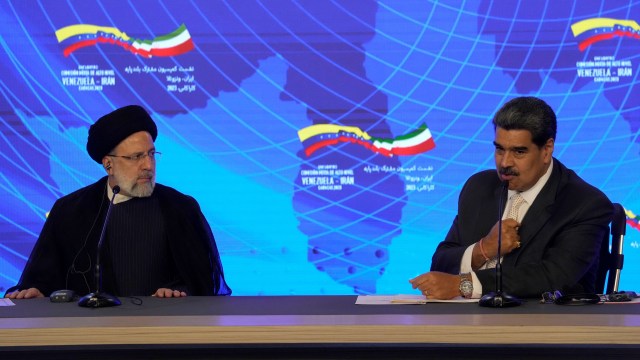

Sierra Leone’s voters head to the polls Saturday in a general election that will determine their next president, parliamentary representatives and local councilors. President Julius Maada Bio is seeking a second and final term amid worsening economic conditions in the country.
Read more about what to expect in Jamie Hitchen’s election preview for WPR:
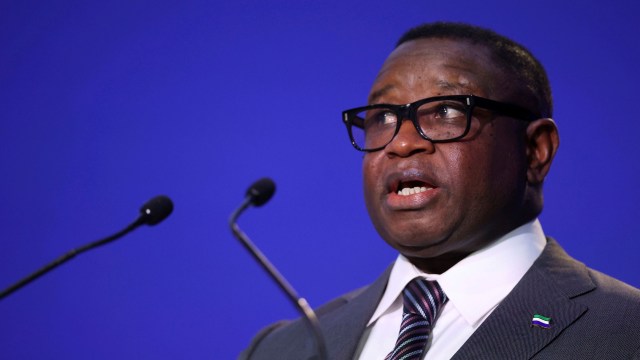
Bio Faces an Uphill Task in Sierra Leone’s Elections
May 1, 2023 | In Sierra Leone’s elections, voters’ main concern will be the economy, but the immediate task ahead is ensuring the vote is democratic. Read more.
*****
After a prison riot on Tuesday claimed nearly 50 lives, Honduran President Xiomara Castro said she would expand a “state of exception,” which suspends some constitutional rights, to cover more territories over a longer timeframe as part of a larger crackdown on crime and gangs.
The state of exception is modeled on Salvadoran President Nayib Bukele’s “war on gangs,” which has been effective but has come at the cost of human rights and likely isn’t sustainable, as James Bosworth wrote earlier this year.
Bukele’s ‘Cool Authoritarian’ Model Makes for a Dangerous Export
March 6, 2023 | Bukele’s crackdown on El Salvador’s gangs is capturing the region’s imagination, but his “cool authoritarian” model is a dangerous export. Read more.
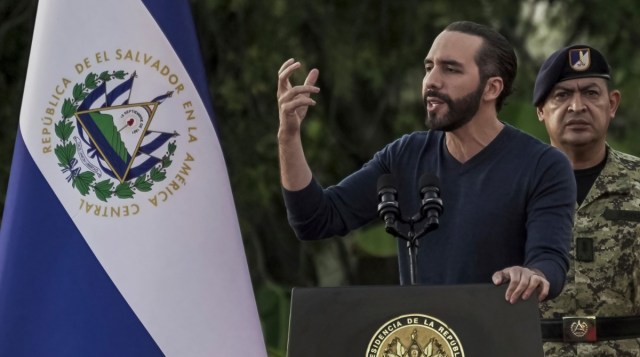
That’s all for today’s Daily Review. Coming up, we’ve got a deep dive on Guatemala’s election on Sunday and a look at whether Big Tech will rule the world.
Have a great day,
Jakob Cansler
More from WPR
- Alexander Clarkson on new trends in Austria’s far-right.
- Joshua Kurlantzick on Myanmar’s civil war.
- Alana Moceri on what Spain’s upcoming elections could mean for Ukraine.
- Charli Carpenter on why holding Russia accountable for destroying a dam in Ukraine won’t be easy.
Jakob Cansler is WPR’s assistant editor and the author of the Cansler Culture newsletter.

